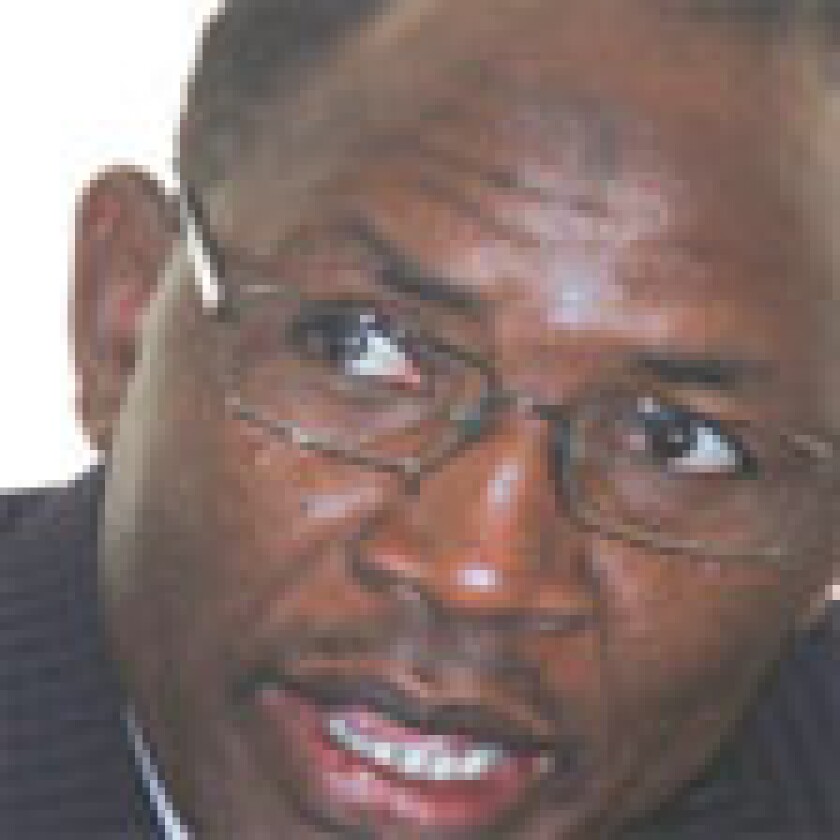Nigeria is diversifying its euro holdings away from southern European government debt into French and German government bonds, amid mounting fears over the currency’s slide.
Any move out of the currency would only be considered over the longer term, Lamido Yuguda, acting director of the reserves management department at the Central Bank of Nigeria, said.
He said: “We are very concerned about structural problems of the euro.
“We used to think of risk more as private sector obligations, but now there are risks in European government paper, so we need take action accordingly,” he told Emerging Markets in an interview in Abidjan.
Nigeria is Africa’s second largest holder of foreign exchange reserves, with $39.8 billion worth – 15% in euros, 80% in dollars and the rest in other core currencies including Japanese yen and British sterling, Yuguda said. Nigeria would snap up safer German Bunds and French government bonds while increasing the proportion of euro-denominated assets in Bank for International Settlement-approved private banks.
But the overall level of euros in Nigeria’s reserve portfolio would only change in the longer term, as it reflects Nigeria’s trade with the eurozone bloc, Yuguda said. He added: “It will be too early to take precipitous action, without seeing how euro leaders address this long-term problem.” Nigeria no longer had exposure to Greek sovereign debt, he added.
On May 12, the South Africa reserve bank said it had decided to keep interest rates unchanged, mindful that market jitters over eurozone sovereign debt will trigger volatility in the rand.
Benno Ndullu, governor of the Tanzanian central Bank, said: “The euro is under pressure and there are a lot of worries over medium-term economic and financial outlook in the eurozone.” He said Tanzania has very marginal holdings of southern European government bonds.
Nigeria will announce a review of its reserve management strategy at the end of the year. Yuguda said the currency composition in the portfolio is unlikely to materially change in the next two years. The US dollar would remain the overwhelming currency in Nigeria’s reserve portfolio despite concerns that US bond yields will spike as the US government bombards the market with more paper, he said.
“We don’t have any blind attachment to the dollar. We are pragmatic. ... It is the currency of our imports and our intervention currency, and if financial market volatility returns, you need the dollar to intervene” and provide liquidity.
On asset allocation, Yuguda said Nigeria would like to decrease the proportion of assets invested in short-term money-market funds, currently 45%, and invest more in longer-term government bonds.
